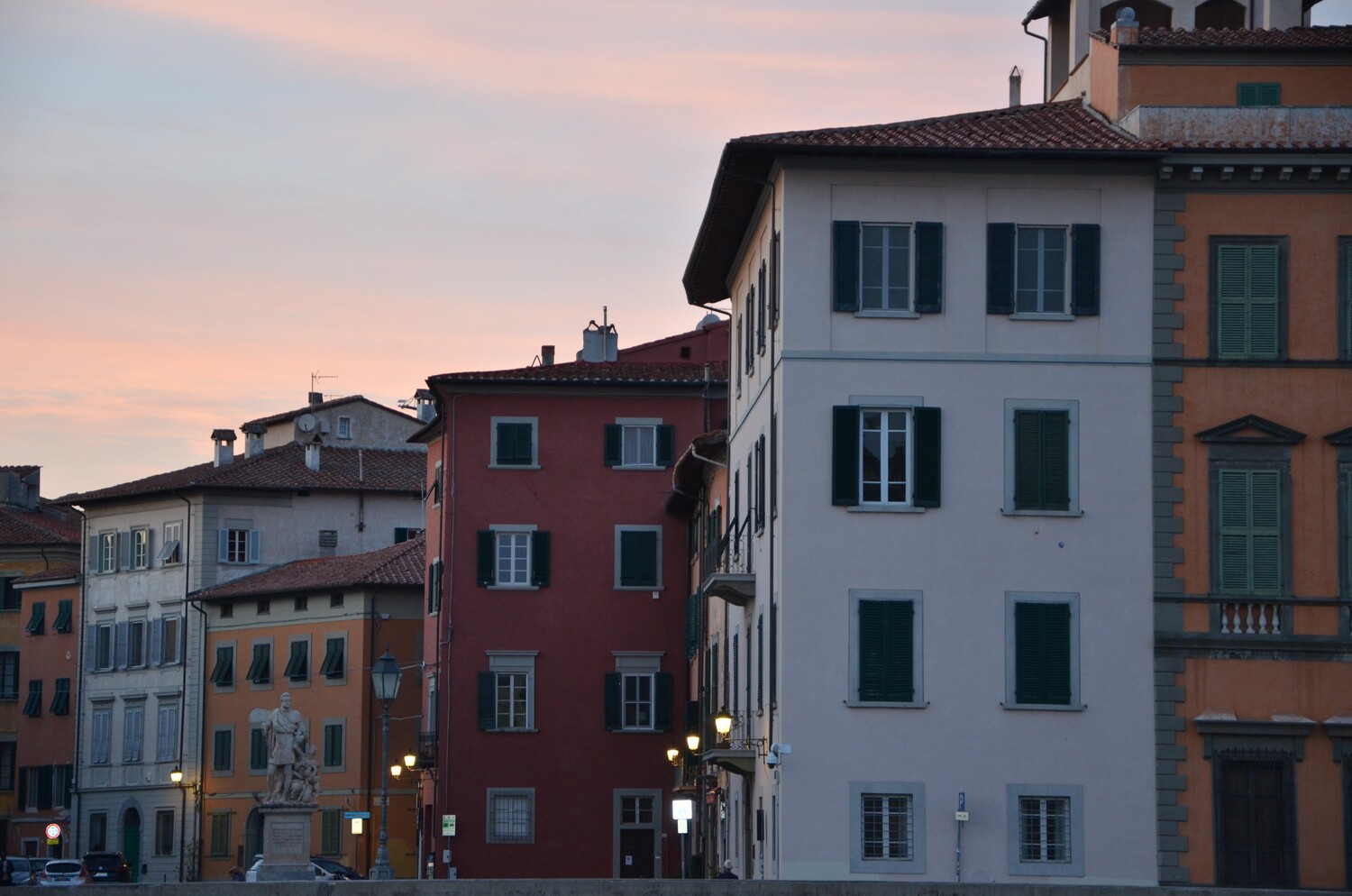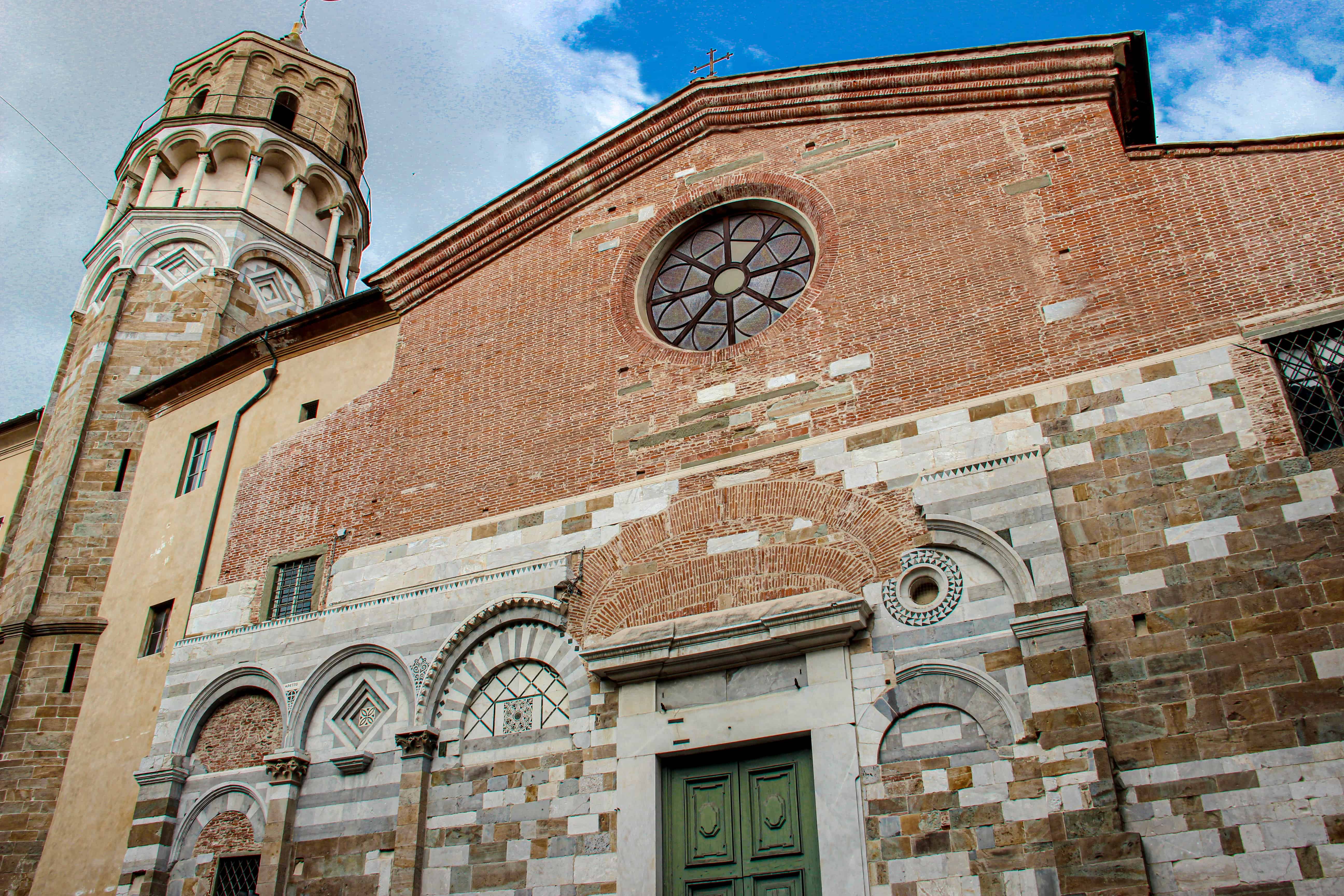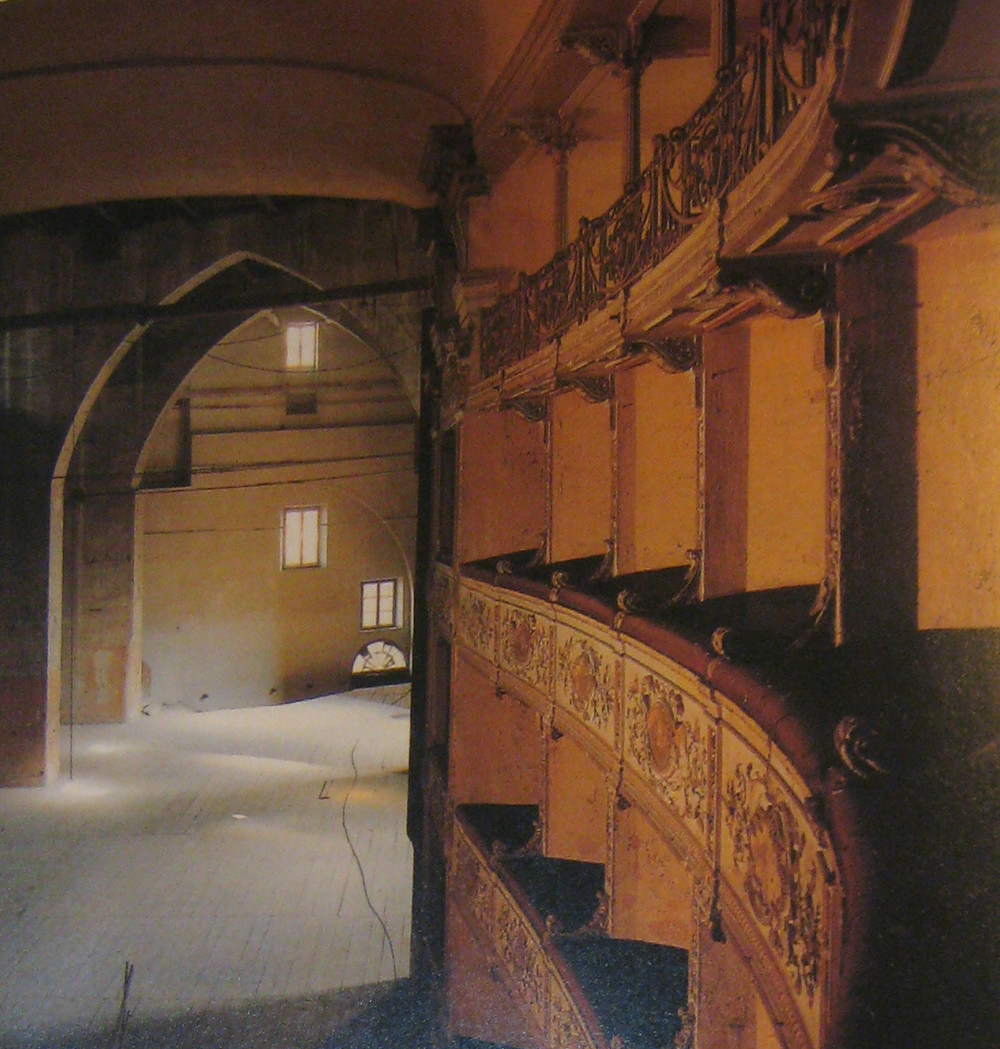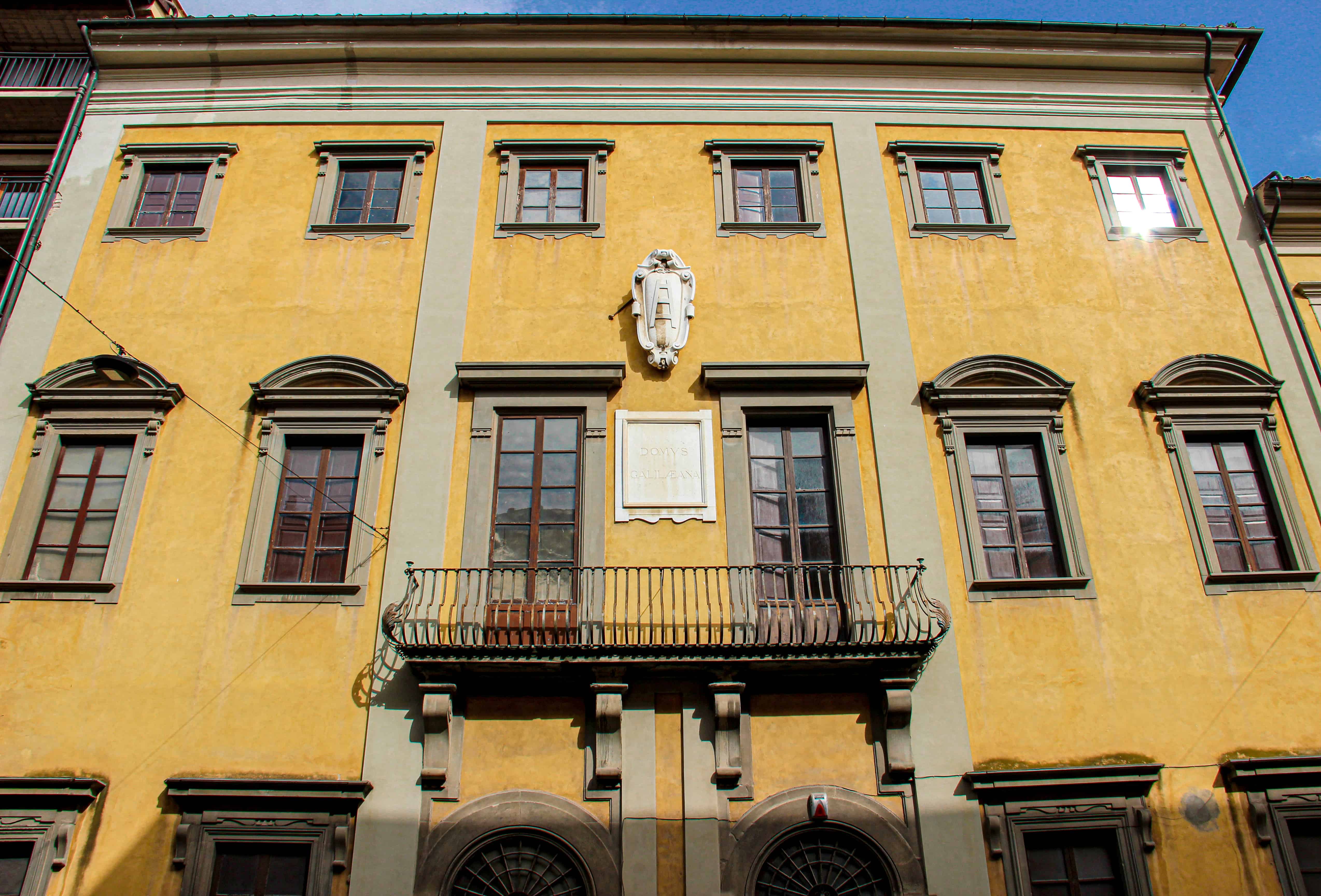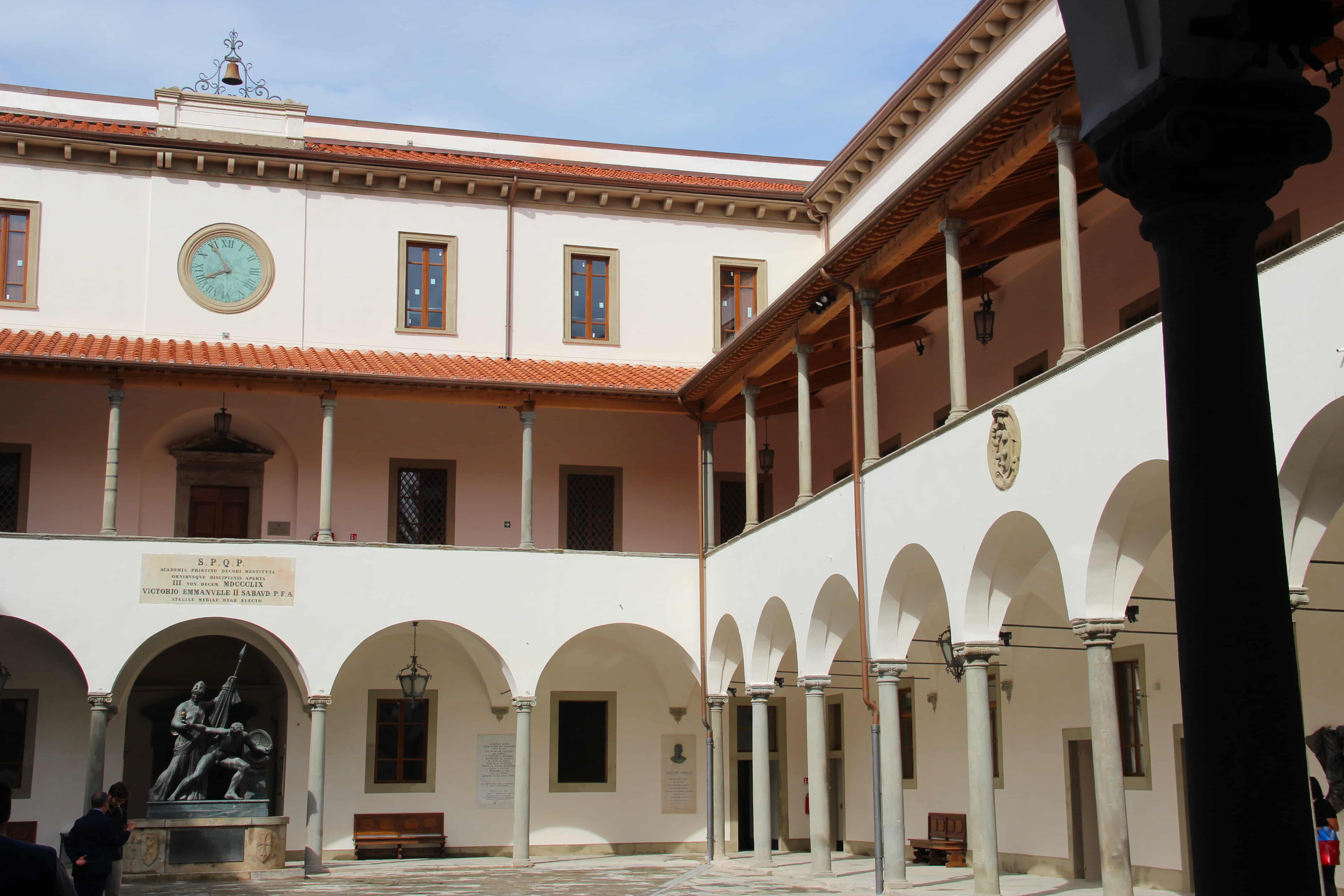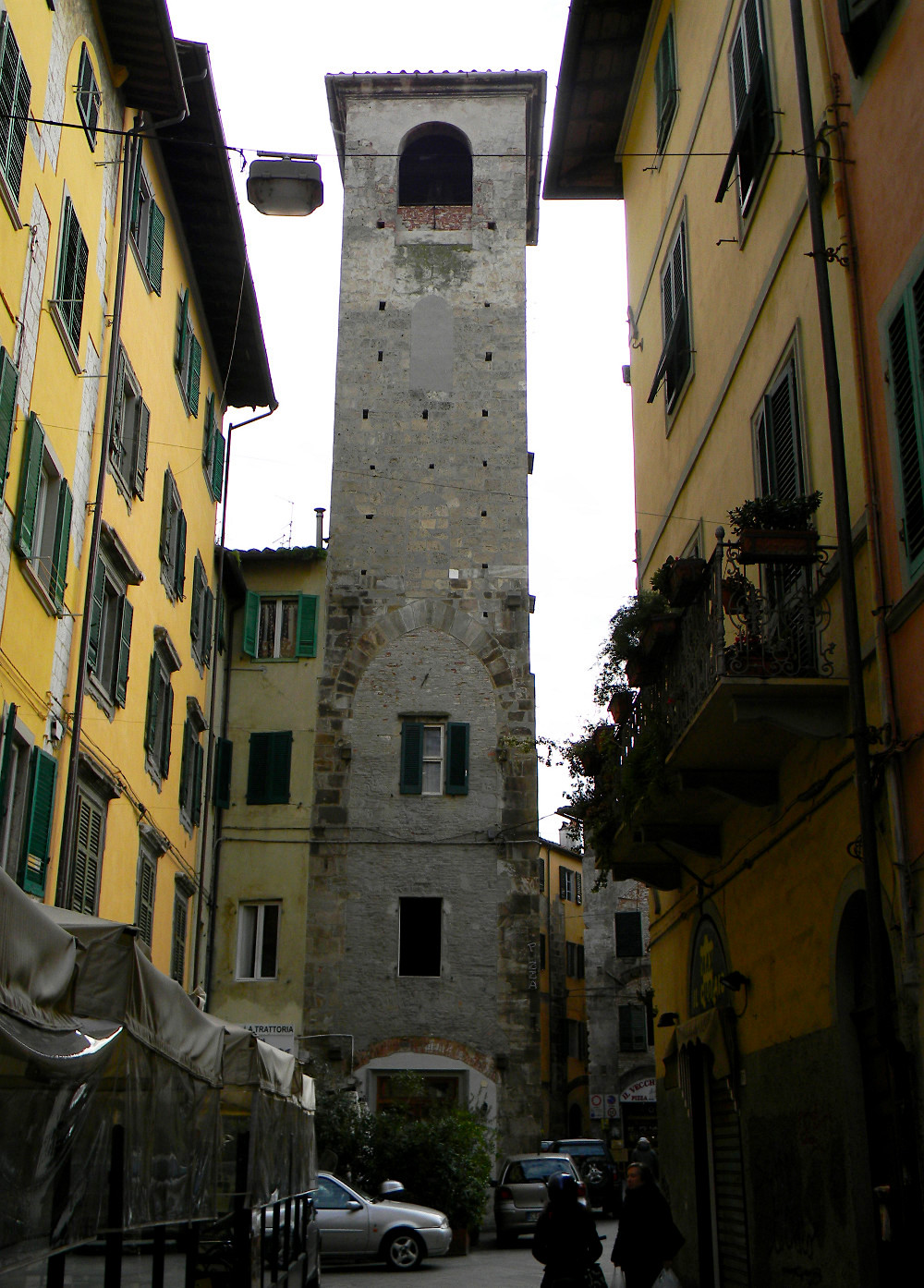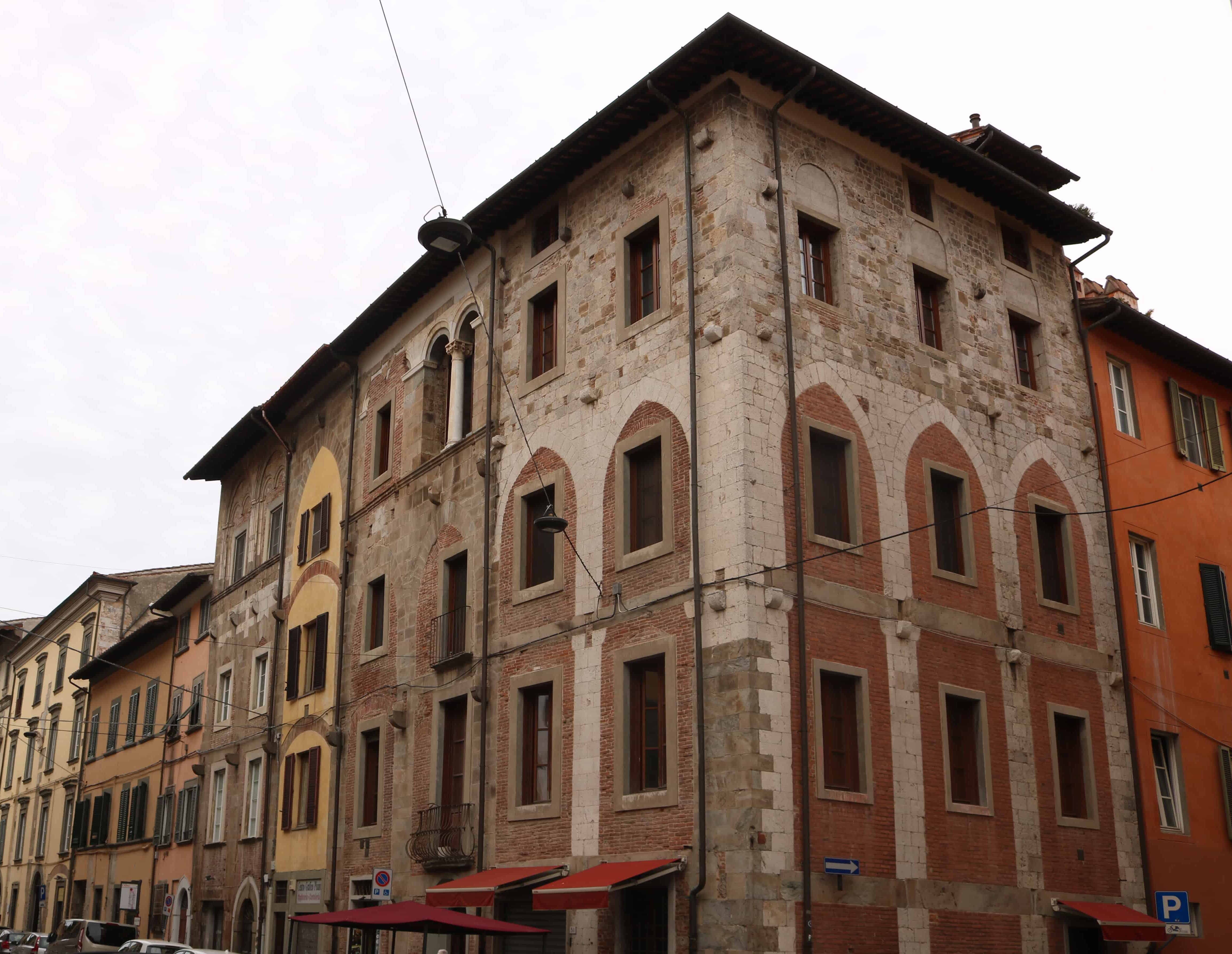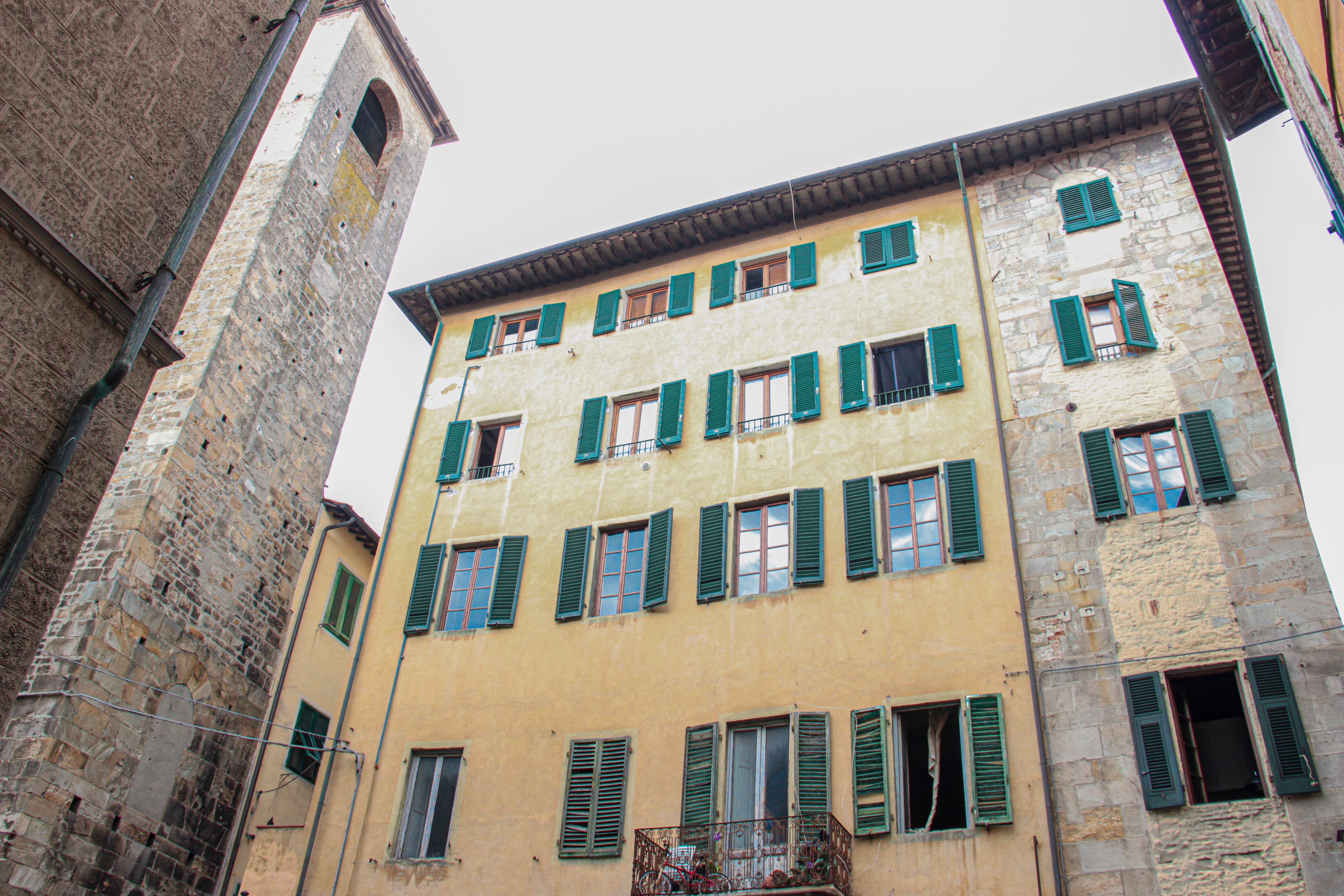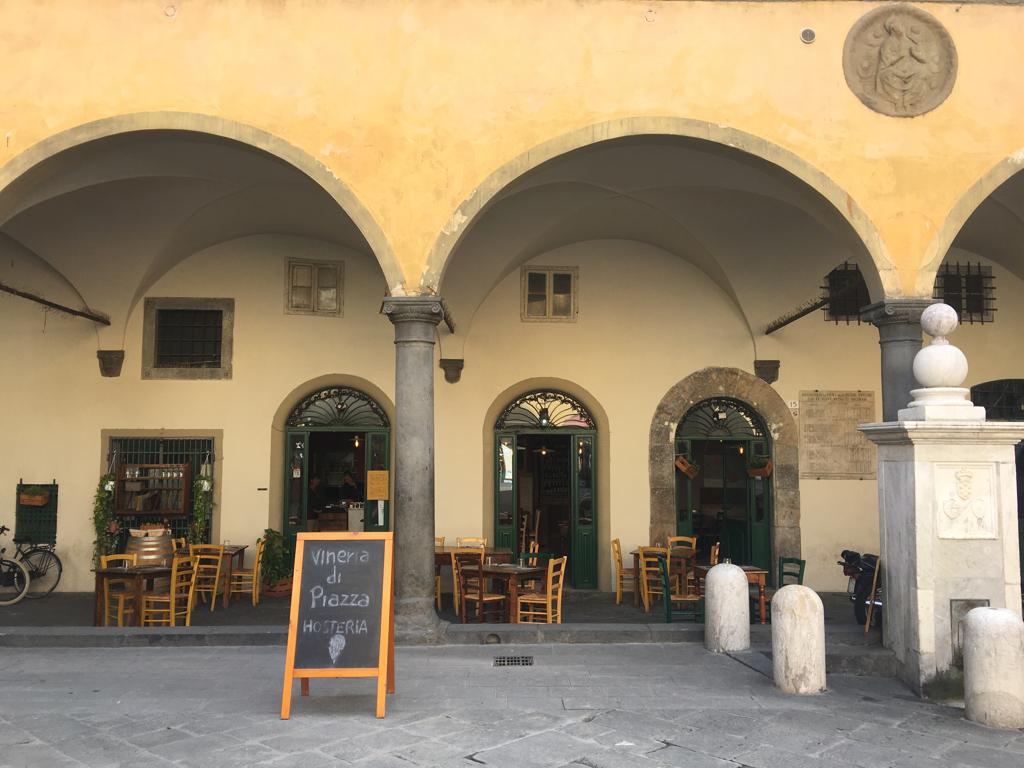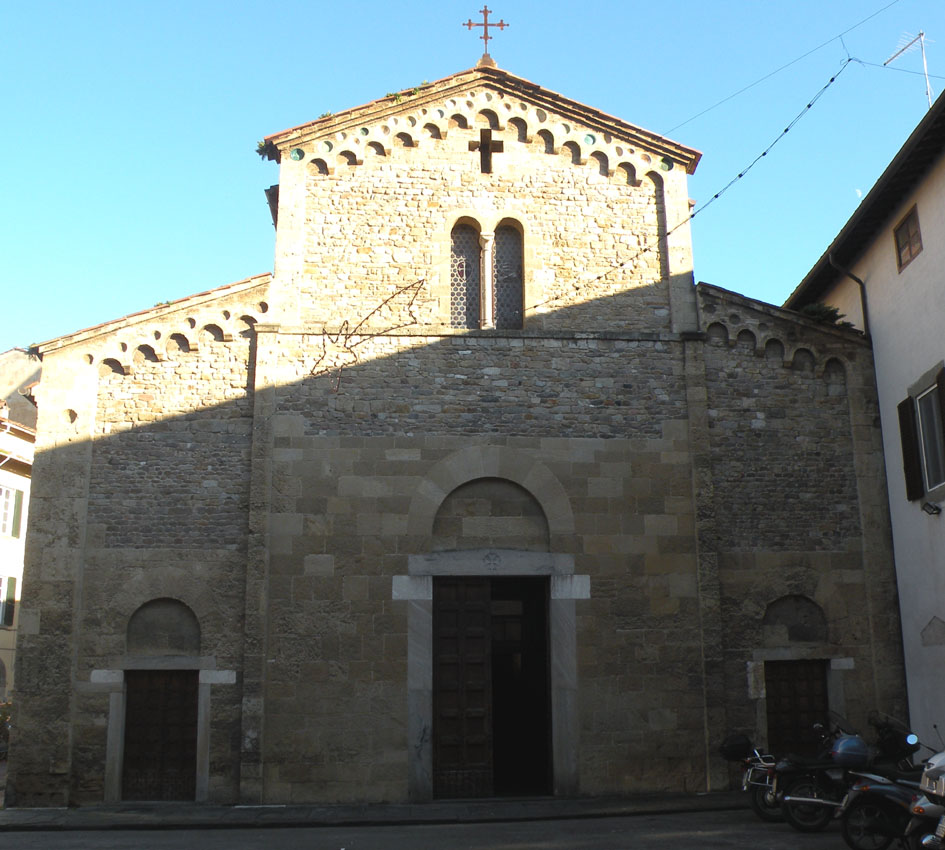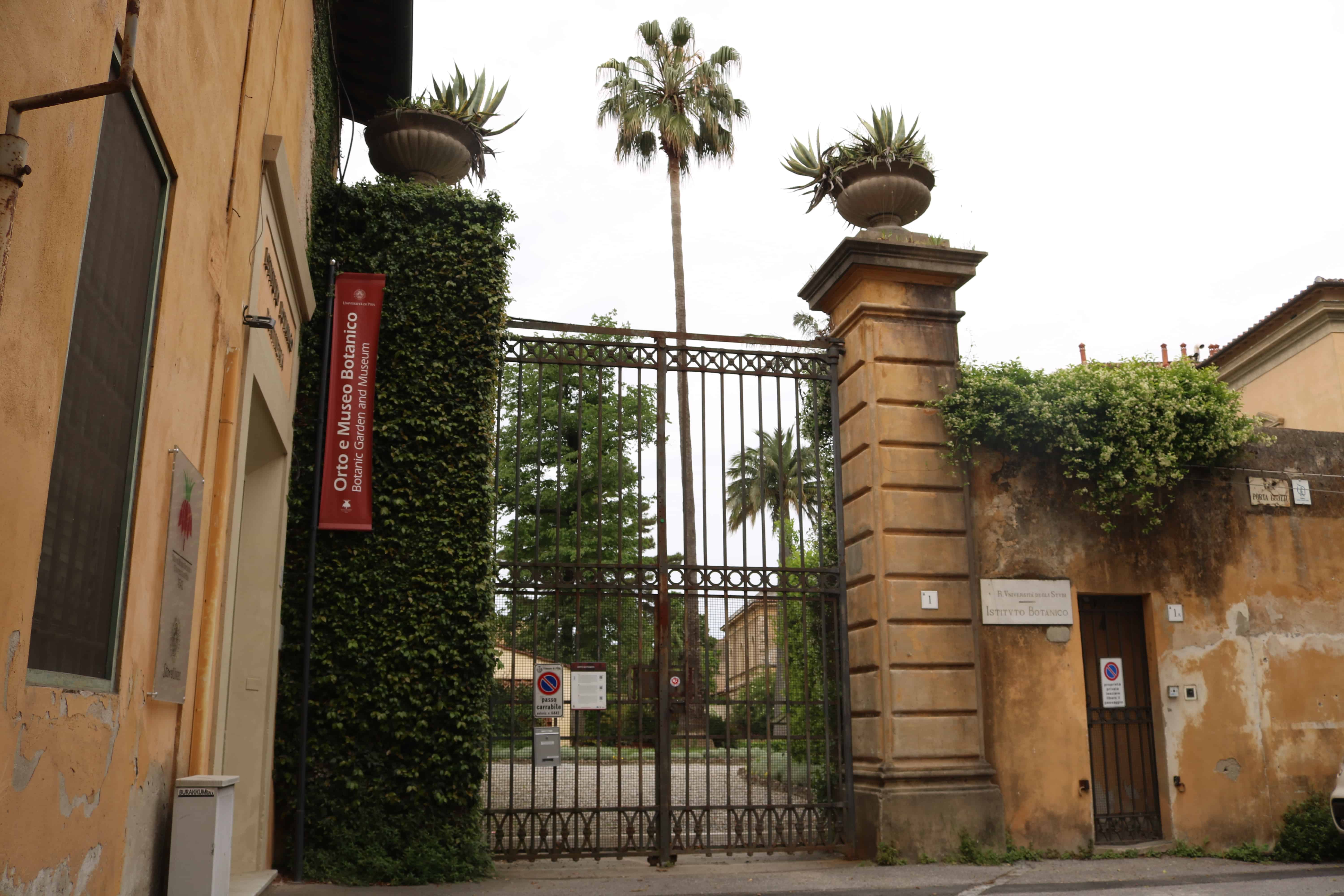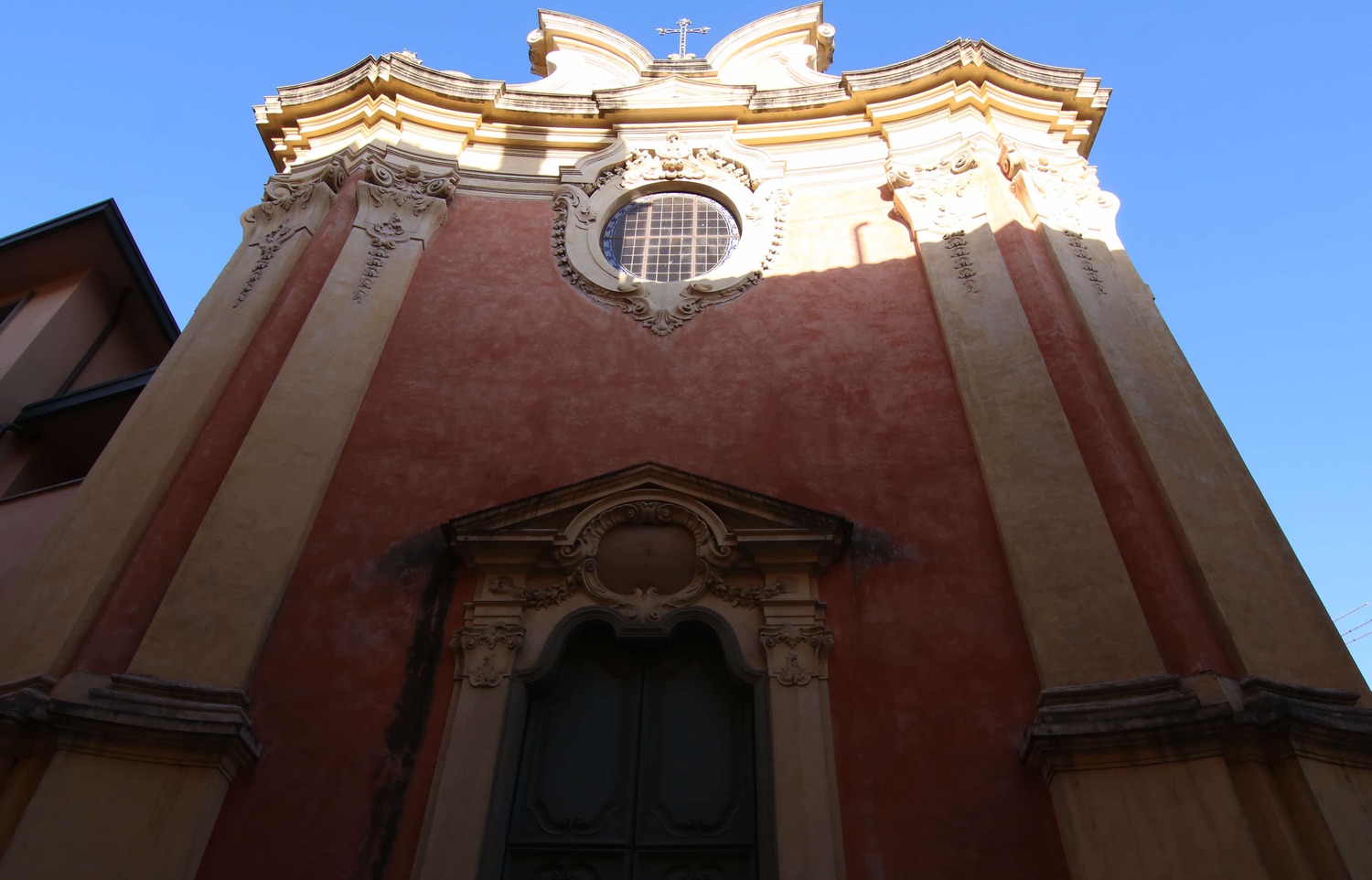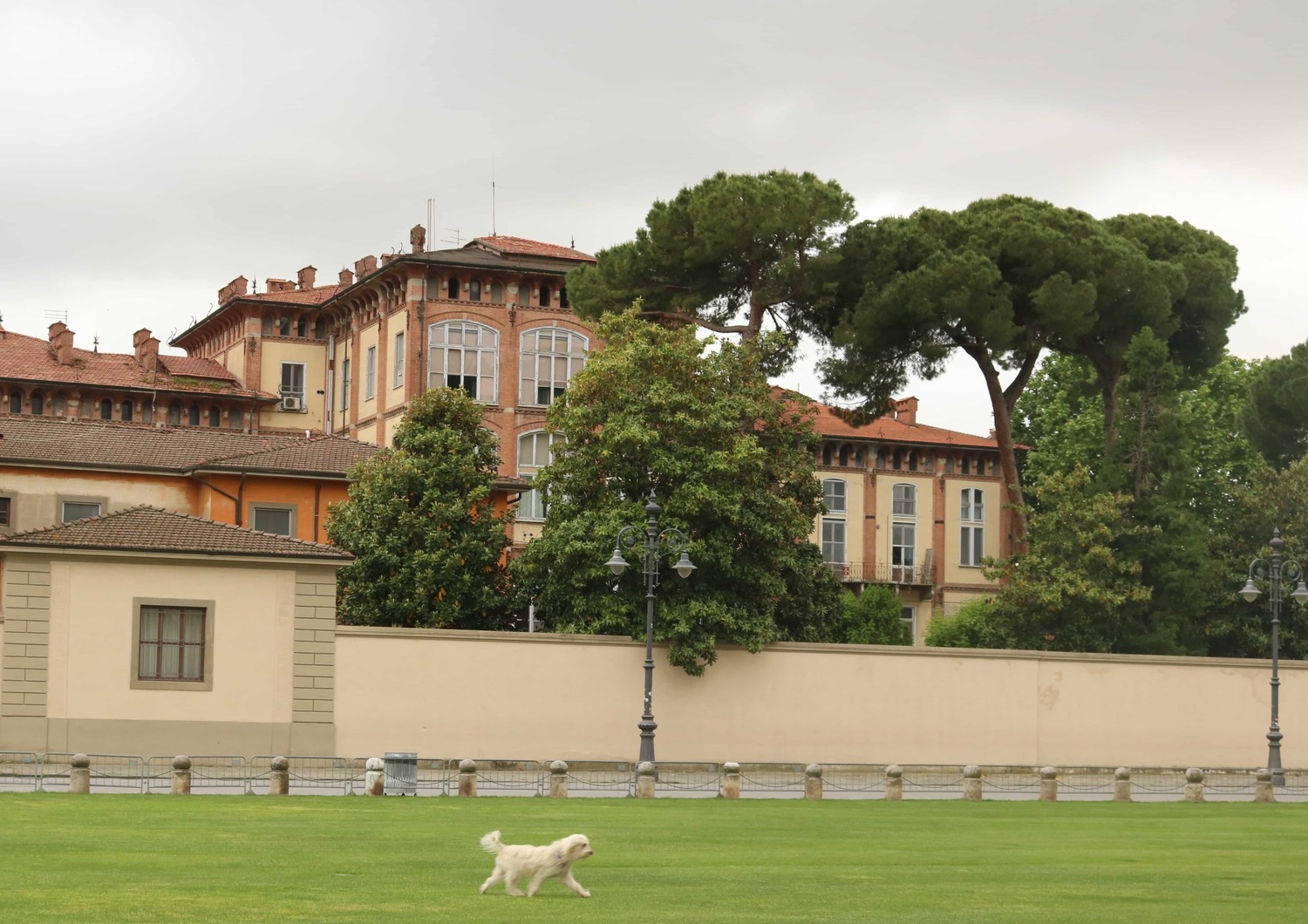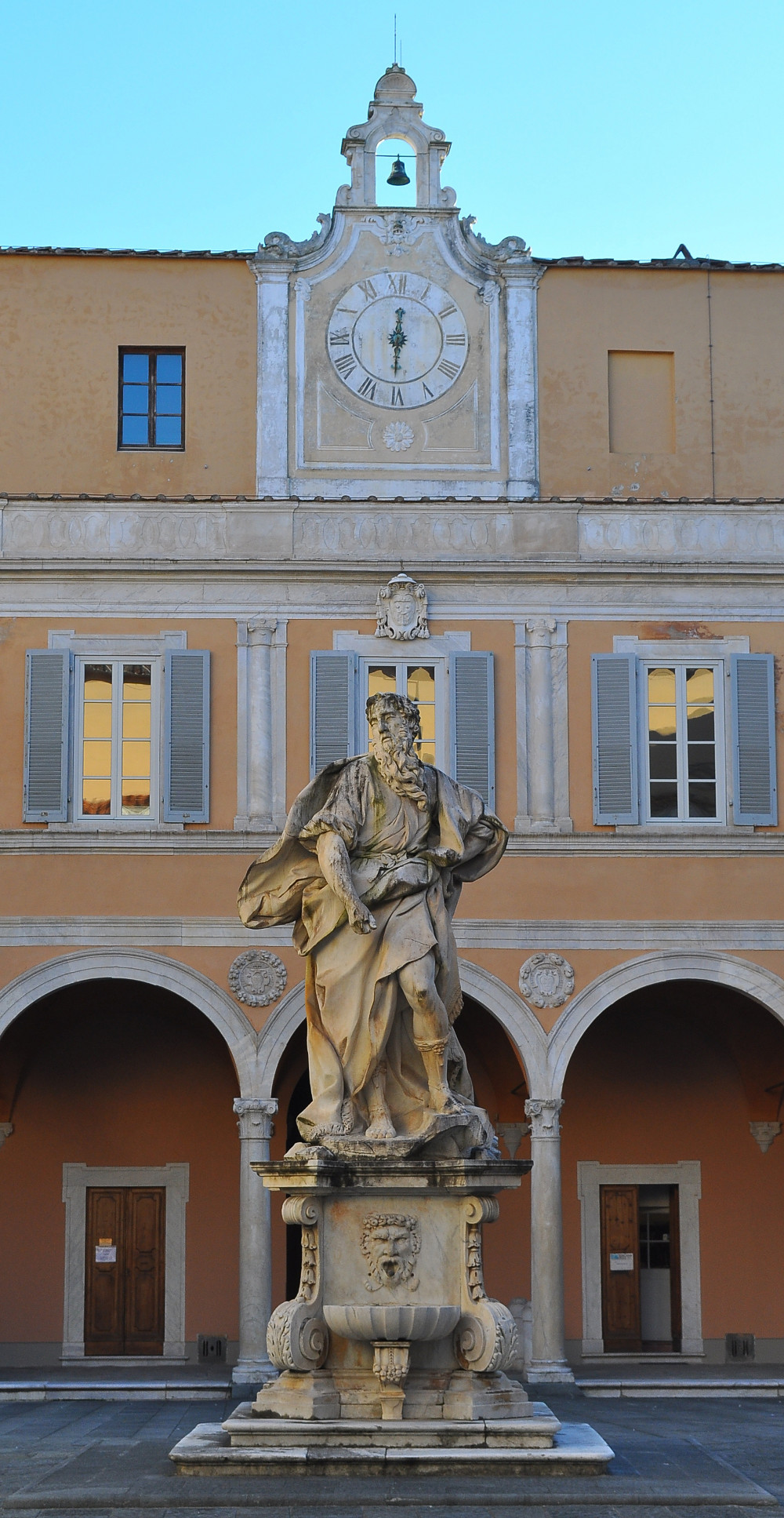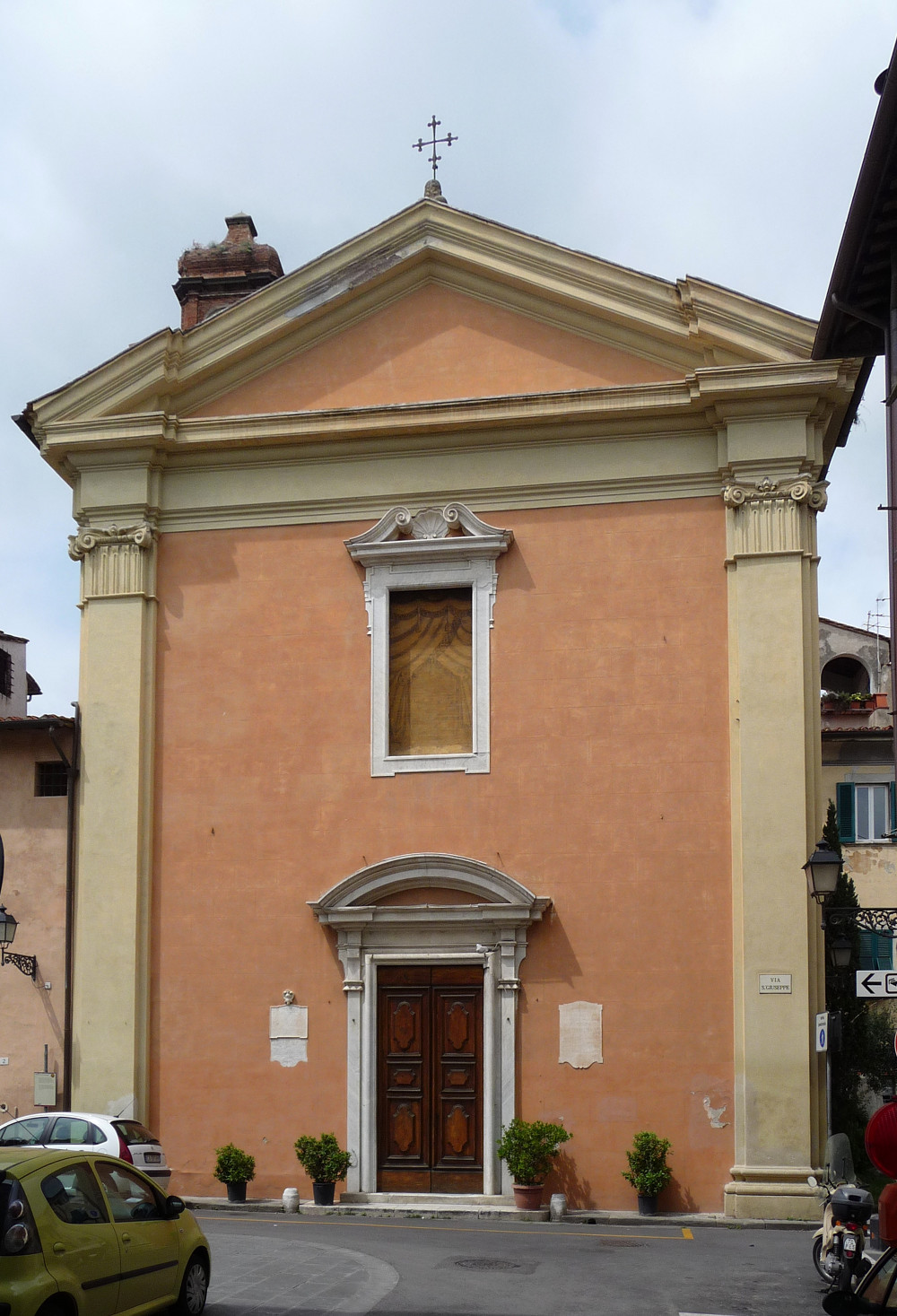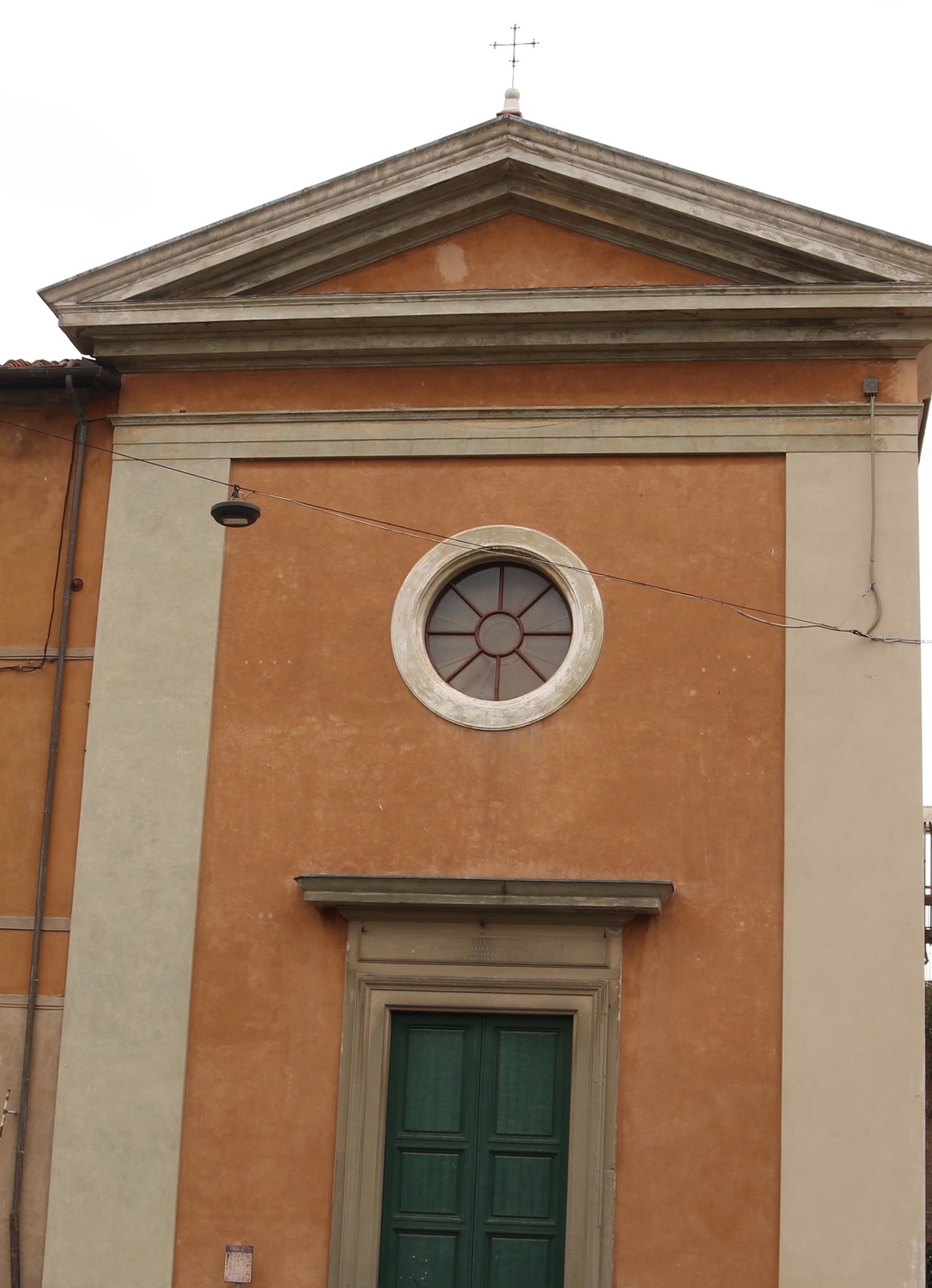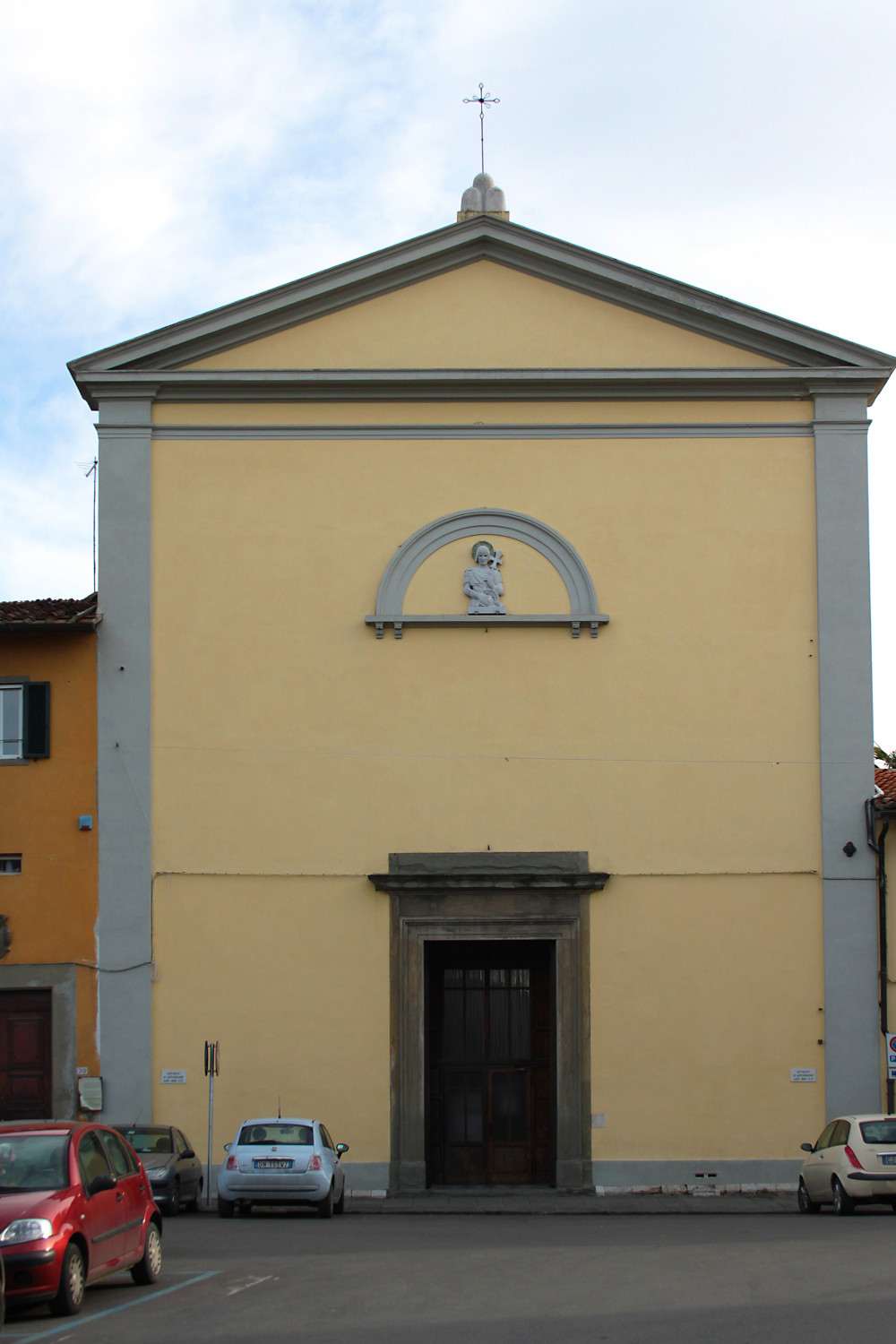Palazzo Reale, Royal Palace

Built between 1583 and 1587 by will of the Grand Duke Francis I de’ Medici, to a plan by the Florentine architect Bernardo Buontalenti, the palace is situated in a prestigious area of Pisa, where the residence of the Marquis of Tuscia stood in the 10th century. Several already existing buildings were incorporated into the new one, among which were the tower known as "della Vergadoro" (Golden Rod) that belonged to the important Gaetani family, some towers (case torri) belonging to the Dodi e dei Gusmari coteries, and the "del Cantone" tower, most of the structure of which is still visible between via S. Nicola and via S. Maria. Several buildings, workshops and even a church were demolished to make way for the new palace and the adjacent piazza Carrara.
In the18th and 19th centuries the palace continued to be the residence of the Grand Dukes of Tuscany. Peter Leopold I particularly enjoyed spending the winter here because of the mild climate. After the unification of Italy, the Savoy family occasionally stayed here, giving it its present name.
The appearance of the palace is the result of several fairly recent additions and renovations. Bombing during the second world war destroyed the northern part as well as one of the overhead bridges used by the Grand Dukes to go to mass in the church of S. Nicola, but it was recently completely rebuilt, during repairs to the building. On the via S. Maria side there is another overhead bridge that survived, connecting the palace to palazzo delle Vedove.
The building, now the offices of the Soprintendenza per i Beni A.P.P.S.A.E. of Pisa and Livorno, holds the Museo Nazionale di Palazzo Reale collections.

